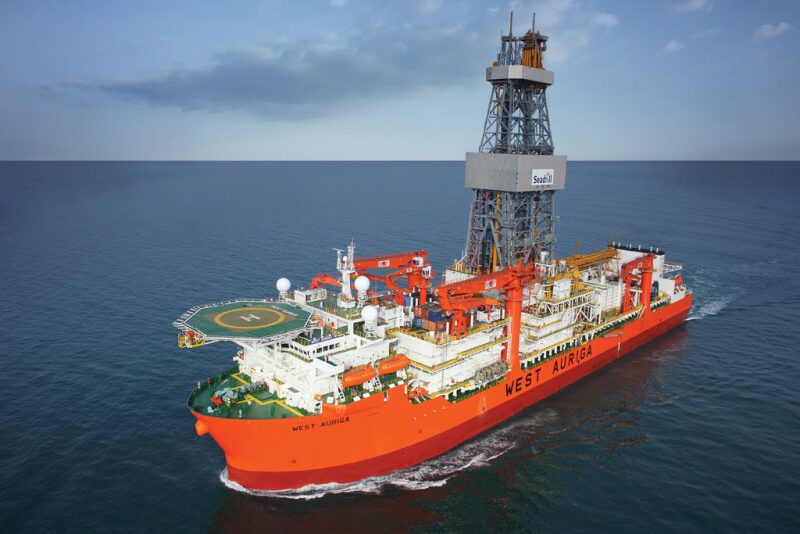Seadrill has announced implementation throughout its fleet of a health program designed for employees before they leave for work on one of the company’s rigs. The Medfit program, a preventative medical strategy, is being delivered in partnership with the International SOS Medfit team.
Since Medfit’s implementation in 2016, 98% of Seadrill’s offshore workers have reported a greater awareness of their health, improved productivity, and increased wellbeing. The implementation of Medfit has reduced days lost by identifying psychological and physiological conditions ahead of time.
Medfit establishes a new standard for all medical examinations across Seadrill’s operations worldwide. The global nature of the oil and gas industry historically has led to inconsistencies because of differing medical standards being used for the basic regulatory health screening that takes place before an employee goes offshore. Medfit ensures consistency and a higher standard of screening for all Seadrill employees.
The Medfit screening includes a physiological examination, dental healthcare check, cardiovascular-risk scoring, and screening for contagious or infectious diseases. Medfit also incorporates educational initiatives to highlight the importance of maintaining good mental and physical health to employees.
Since the launch of Medfit, more than 2,000 comprehensive Medfit screenings for employees have been completed in 23 countries. The Medfit program identified conditions that prevented 21 emergency evacuations from the rigs.
Johnathan O’Keeffe, corporate medical doctor at Seadrill, said, “The Medfit program is a unique, preventative strategy that helps individuals affected by physiological and psychological conditions, such as stress, anxiety, or depression, benefit from the appropriate treatment.”
He added, “Prevention is always the best option, whether from an operational integrity or cost perspective.”

